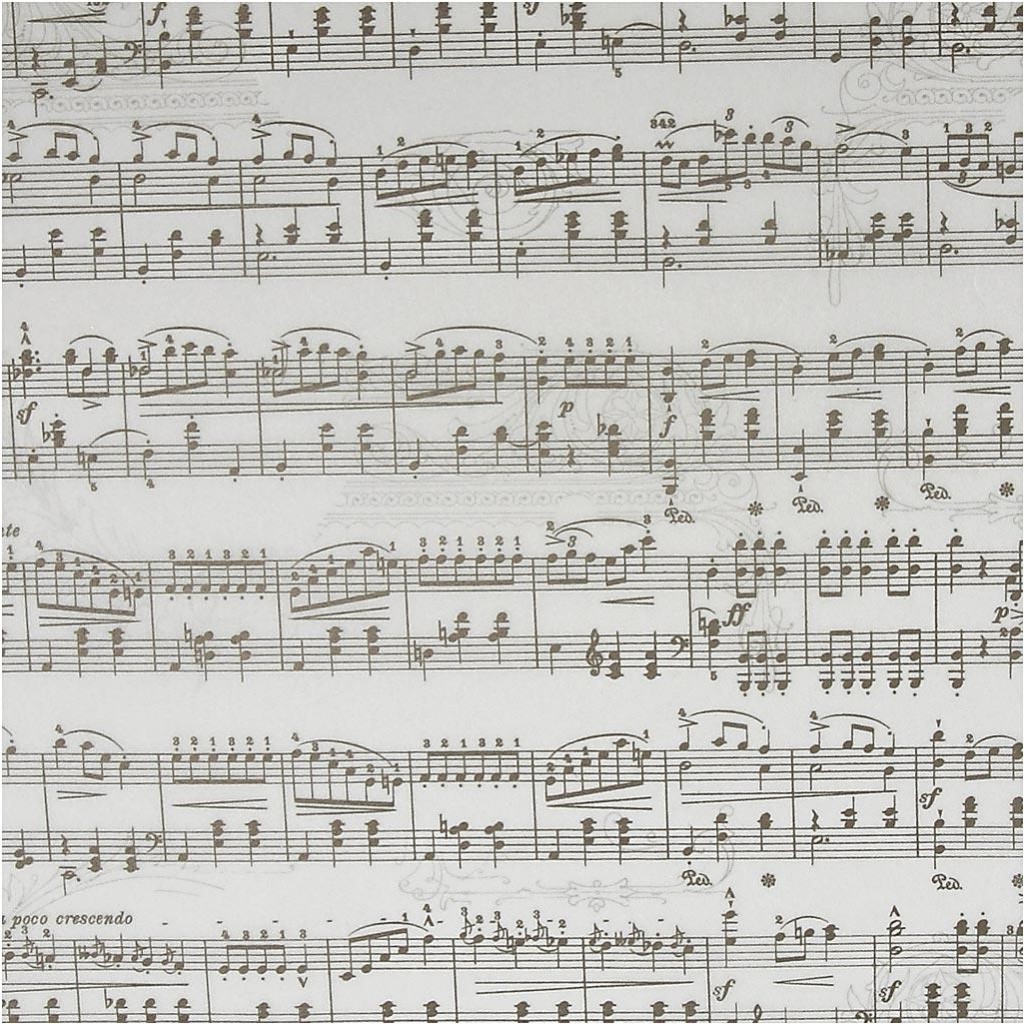As the topics move into the inter-relational areas, I’m finding it harder to write about them. Most of them I don’t do well, and it’s very convicting.
I’ve also just finished reading a book called Cherish by Gary Thomas. It was very insightful; I have a lot of work to do. What I really mean is that I have a lot of letting go to do such that God can work more sanctification in my life. I think it’s the only book I’ve ever read that addresses when spouses have opposite characteristics than stereotypical husbands and wives. One of these is when the husband is gifted to process verbally and therefore wants to talk through decisions, conflict, and feelings while the wife is more of an internal processor and less interested in talking. This is one of several ways that we are opposite of stereotypes. ⇒ I highly recommend this book to all couples!
In conjunction with reading Cherish, I’ve done some word studies on sections of I Peter. One I found very interesting was in verses 3-4…
Whose adorning let it not be the outward adorning of plaiting the hair and of wearing of gold or of putting on of apparel, but let it be the hidden man of the heart, in that which is not corruptible, even the ornament of a meek and quiet spirit, which is in the sight of God of great price.

I’m just going to break it down word by word or phrase by phrase and then put it back together.
- Adorning
- Greek word – KOSMOS
- Strong’s Concordance – orderly arrangement, decoration, by implication the world
- Of 188 occurrences in scripture, 185 times KOSMOS was translated “world”
- Satan tempts Jesus by showing him the kingdoms of the “world”.
- Jesus says Ye are the light of the “world” in the sermon on the mount.
- In I John, it’s written, Love not the world, neither the things in the “world”.
- Outward (adorning)
- Greek word – EXOTHEN
- Strong’s Concordance – external, without
- Usually translated as “without”
- “Adorning” was added here by the translators.
- Plaiting (the hair)
- Greek word – EMPLOKE
- Strong’s Concordance – elaborate braiding of the hair; Definitions elsewhere – elaborate gathering of one’s hair into knots, adding extensions
- This is the only time in scripture this Greek word is used.
- Wearing (of gold)
- Greek word – PERITHESIS
- Strong’s Concordance – putting all around, decorating oneself with
- This is the only time in scripture this Greek word is used.
- Putting (on of)
- Greek word – ENDUSIS
- Strong’s Concordance – investment with clothing, putting on
- This is the only time in scripture this Greek word is used.
- Apparel
- Greek word – HIMATION
- Strong’s Concordance – an outer garment worn by the Greeks
- Also translated as “garments”, “clothes”, and “raiment”
- Garments that were put on the colt’s back and on the road when Jesus road into Jerusalem.
- Clothes that were laid at Paul’s feet when Stephen was stoned.
- Raiment that the soldiers cast lots for when Jesus was on the cross.
- Let it be – This was added by the translators
- Hidden man
- Greek word – KRUPTOS
- Strong’s Concordance – concealed, private, inward, secret
- Usually translated “secret”
- Other facts
- Of the heart
- Greek word – KARDIA
- Strong’s Concordance – heart; figuratively the thoughts or feelings (mind)
- Not corruptible
- Greek word – APHTHARTOS
- Strong’s Concordance – undecaying, immortal
- Even the ornament – this was added by the translators
- Meek
- Greek word – PRAUS
- Strong’s Concordance – mild, humble
- Quiet
- Greek word – HESUCHIOS
- Strong’s Concordance – properly keeping one’s seat, still, undisturbed, peaceable
- Spirit
- Greek word – PHEUMA
- Strong’s Concordance – by analogy or figuratively a spirit, the rational soul, mental disposition
- This Greek word is used in conjunction with HAGIOS when scripture says “Holy Ghost” or “Holy Spirit”
This then could be rewritten like this…
Whose world, without elaborate hairstyles, decorating oneself with gold, or putting on the outer garment of the Greeks, instead private man of thoughts and feelings on the immortal, with humble and peaceable mental disposition.
I found it interesting that Peter, writing to the Jews, would use several Greek words that were not used anywhere else in the Bible – specifically words used for ‘plaiting the hair’, ‘wearing of gold’, and putting on of apparel”. Is it possible there was an understanding among the Jewish Christians? Was it more of a colloquial expression that they would understand? I really don’t know, but I find it fascinating to look at aspects of the Bible
like this. There are so many times I
wish I could understand what the 
authors were feeling, thinking, and
understanding beyond the exact
words they wrote that we can read.
I’ve had this quote in my picture folder
for a while now. I think it goes well
with this passage. God is calling us
to be humble and peaceable (not an
easy task!) and in that to be authentic.







